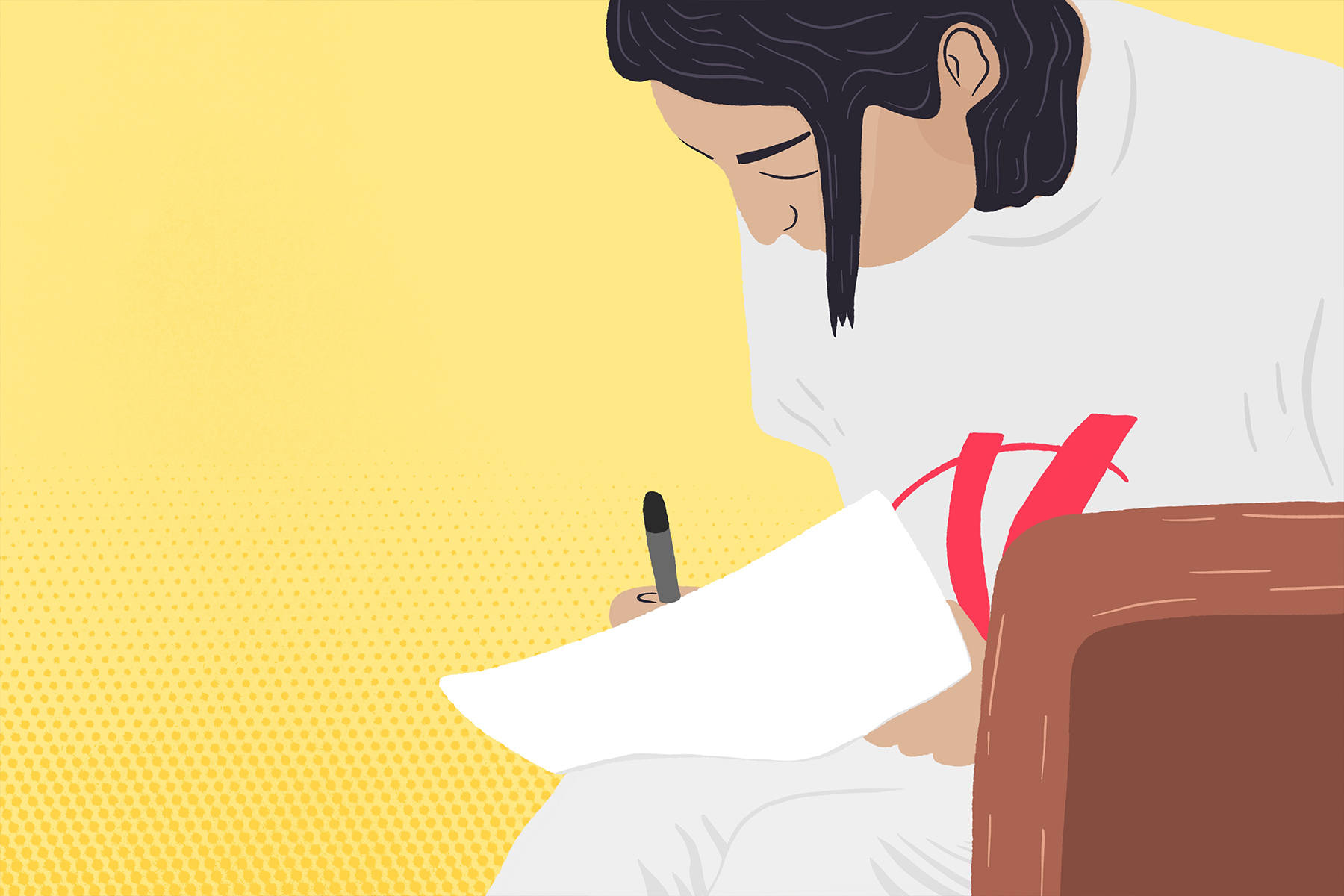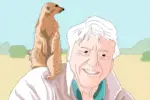“Dude, you need to watch this episode of ‘Song Exploder’ on Netflix,” she said. “It shows how Dua Lipa wrote the song ‘Love Again’ and she basically said that exact same thing.” Of course, I was intrigued. I took her up on the offer and was not disappointed.
Dua Lipa Performed “Love Again” at her NPR Tiny Desk (Home) Concert
Although “Don’t Start Now” was my most played song of 2020, Lipa’s song “Love Again” was not on my radar until she performed an “NPR Tiny Desk (Home) Concert” in early December. The UK singer prefaced the performance of the song with an introduction: “This next song is a song that I really love, it’s one of my favorites on the record and it’s really about manifesting good things into your life when things aren’t quite going your way.”
Lipa’s deep register and vocal range in the acoustic rendition of the song were incredibly moving. Hearing the slowed-down “Tiny Desk” version of “Love Again” as my first listen to the song allowed me to listen closely to the lyrics and tap into the emotional story Lipa tells.
“I never knew I had it in me to dance anymore, but goddamn, you got me in love again,” Lipa sings in the hook of her song. While “Don’t Start Now” may be the badass anthem for someone who shows off her growth after a heartbreak, “Love Again” has an honest vulnerability that gets at the transition between losing the ability to do the things you once loved, and the process of finally moving on.
Song Exploder Explored the Collaborative Effort of “Love Again”
For the next few days, I added “Love Again” into my rotation of songs, but I didn’t spend much time thinking about it until my friend recommended the “Song Exploder” episode. The Netflix series tackles the intricacies of songwriting, looking in-depth at one song per episode. The first episode of Volume Two follows the process of “Love Again.”
Lipa kicks off the episode by explaining how she writes songs that are based on her experiences, and in doing so, she can truly express something honest in her music. The singer elaborated that “Love Again” in particular was about getting over a long-term relationship, and at the time when she wrote it she knew she needed to manifest positive energy into her life, whether or not she necessarily felt it yet. The song started naturally as a conversation in her studio, and Lipa’s team encouraged her to take pen to paper and put her feelings into a song.
The collaborative environment of the songwriting process was inspiring to watch. With Lipa steering the ship, writers Clarence Coffee Jr. and Chelsea Grimes and producer Stephen Kozmeniuk worked together to make the song we know today. The record is unique because it doesn’t follow a typical structure. It starts off with dramatic violin strings in the opening of the song. The introduction was designed to emulate the high drama of dance clubs in the ’70s and follows with the retro theme of Lipa’s “Future Nostalgia” album. The singer wanted to draw on childhood influences such as Prince and Blondie on the record while giving it a modern twist.
Dua Lipa Made Duality a Major Theme in the Record
My favorite part of the episode is when Lipa talks about the duality of the song “Love Again.” She knew that she could easily write heartbreak and her experience of sadness into her songs, but she didn’t want to just leave it at that.
“I never wanted to just write ballads or slow songs, or just cry, because I love dancing,” Lipa explains in the episode. “And it’s kind of about putting the two together so then its dance-crying.”
Lipa’s vocal producer, Lorna Blackwood, helped perfect the emotional duality in the song by allowing Lipa to visualize her emotions. In the studio, Blackwood told Lipa that even when parts of the song are sad, she should sing the words with a smile. When you hear the record play back you can hear the smile in the song, and it adds to the hopefulness Lipa intended to portray.
The intent behind “Future Nostalgia” was to blend two worlds together, to make it sound both sad and hopeful at the same time. Lipa credits this feeling to her childhood when she often felt that she belonged to two worlds at once. She was born in London, moved to her parents’ home country of Kosovo when she was 11 and then back to London at age 15 to begin her songwriting career.
“I am so grateful for my dual nationality, which is probably why I am so obsessed with juxtaposition and duality,” Lipa said. “I thrive the most when I am playing with two emotions at the same time.”
Dua Lipa’s Personal Intentions Make The Record More Relatable
These intentional details speak to how personal the song is to Lipa, and why it is so relatable to her fans — including myself, a self-proclaimed seeker of the “dance-cry” genre. The “Song Exploder” series offers an outlet to explore this beautiful relationship between artists and their music. It was heartwarming to see Lipa respond to her music during the process. When “Love Again” played in the studio, the singer was washed over with happiness. The song brought her back to the feeling of regaining her inner strength and pride, so she couldn’t help but dance.
















